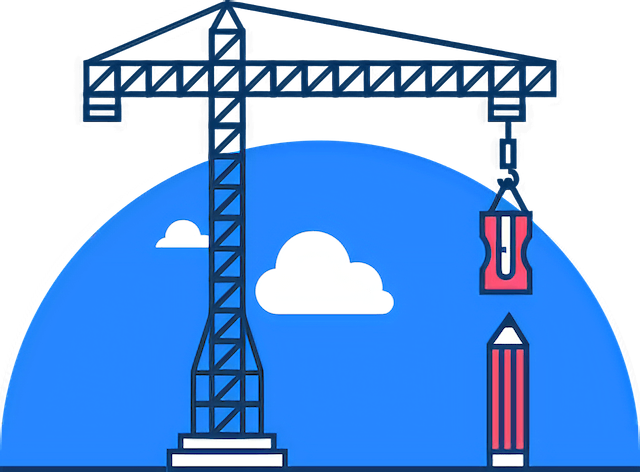

Abilian has identified 7 main families of technological approaches and applications of artificial intelligence, and has developed, within the framework of its R&D work and projects for its clients, an expertise in using their main open source implementations in Python.
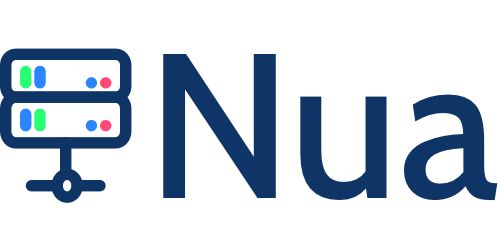
We were recently interviewed by the Fond de Dotation du Libre, which is producing a report on European cloud technologies for the DGE (Direction Générale des Entreprises). Here are our answers.

Open source software is an essential tool for European digital sovereignty. Abilian is announcing its support for Europe's strategic autonomy in the cloud, with its Nua project.

Abilian will be present to talk about open source and digital sovereignty at the "Euclidia Now!" event on 29 September in Brussels.

One of the most promising recent advancements in AI is the concept of Retrieval-Augmented Generation (RAG). This innovative technique combines the best of both retrieval-based methods and generative models to create a more powerful, context-aware AI system. In this blog post, we delve into what RAG is, how it works, its advantages, and its applications in the real world.
Retrieval-Augmented Generation (RAG) is a hybrid approach that leverages the strengths of both retrieval-based systems and generative models. The primary goal of RAG is to improve the accuracy and contextual relevance of generated text by incorporating external knowledge retrieved from a large corpus of documents.
Retriever: This component is responsible for fetching relevant documents or passages from a pre-existing large dataset based on a given query. Advanced retrieval techniques such as Dense Passage Retrieval (DPR) are often used. DPR employs neural networks to encode queries and documents into dense vectors, enabling effective retrieval using vector similarity measures.
Generator: The generator, usually a Transformer-based model like GPT-3 or BART, takes the retrieved documents along with the original query to generate a response. This model is fine-tuned to produce coherent and contextually appropriate answers, using the information provided by the retriever.
One notable implementation of RAG is by Facebook AI, which introduced a model combining BERT-based retrievers with BART-based generators. This model has shown significant improvements in tasks like open-domain question answering and conversational AI.
Retrieval-Augmented Generation (RAG) represents a significant step forward in the development of AI systems that are both accurate and contextually aware. By combining retrieval and generation, RAG can provide more reliable and relevant responses, making it a powerful tool for a wide range of applications.
As AI continues to evolve, techniques like RAG will play a crucial role in enhancing the capabilities of language models, bringing us closer to truly intelligent and contextually aware AI systems.
(Added in 2024)
(Updated in 2024)
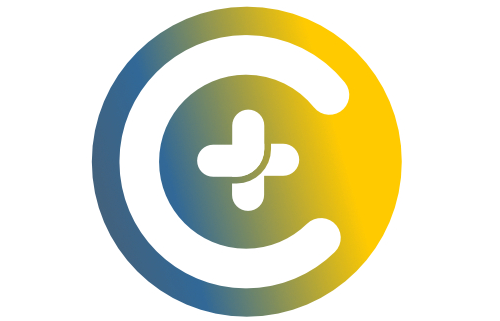
Abilian, a partner in the Cython+ project, has published a series of articles presenting practical examples of how Cython+ can be used to optimise performance.

Abilian has co-signed an open letter to the Vice-President of the European Commission on the anti-competitive practices of certain dominant American players in the European cloud market.
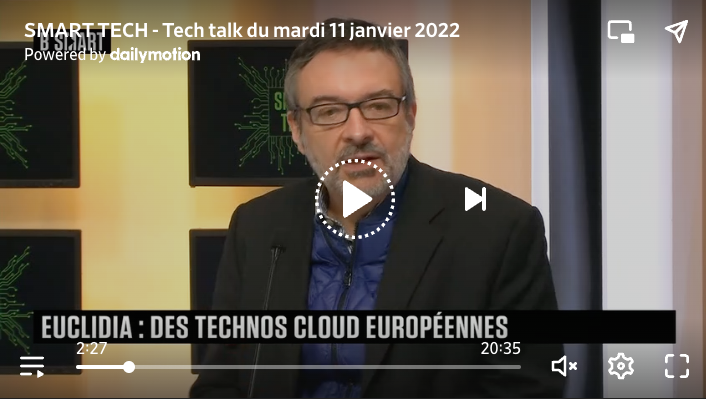
Stefane Fermigier, CEO of Abilian, was on B-SMART TV yesterday to speak on behalf of the Euclidia Alliance, of which Abilian is a founding member.

Abilian is a member of the Coalition for Competitive Digital Markets, which aims to tighten constraints on dominant players in the European digital market to prevent them from controlling consumer access to information and abusing their position to limit market access.
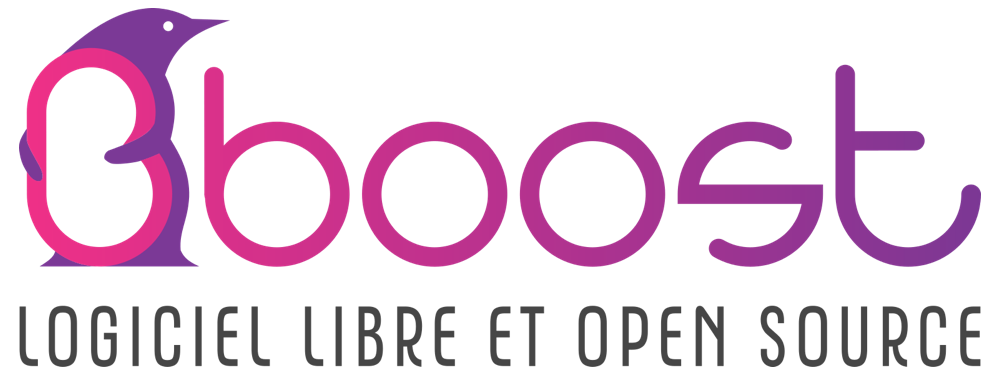
We travel to La Rochelle this week for the second B-BOOST.